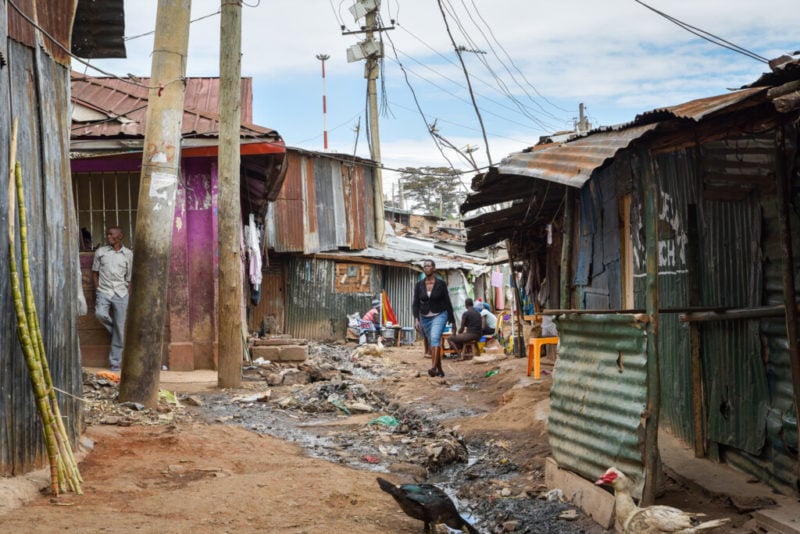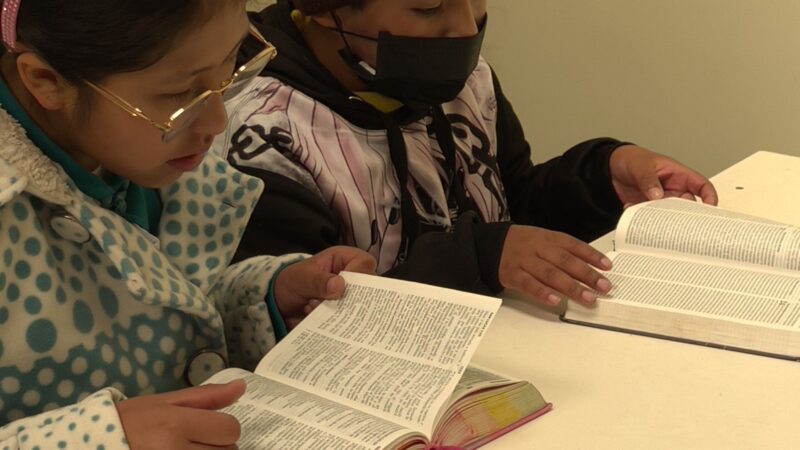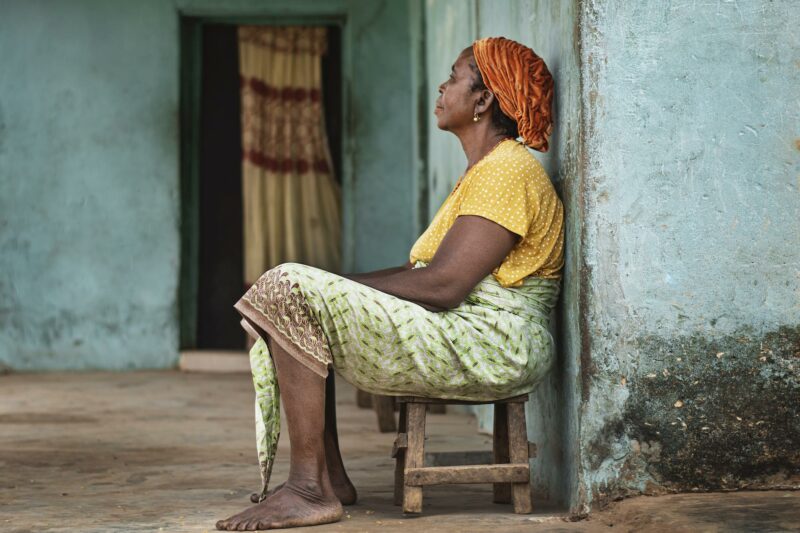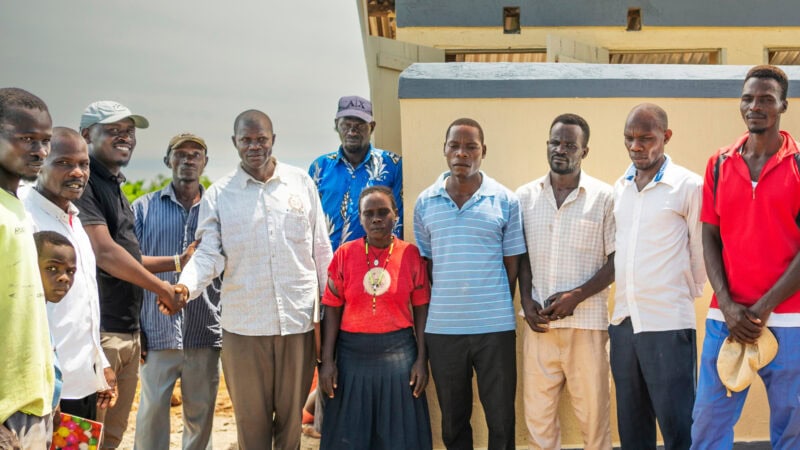“Social distancing” and “shelter in place” are new terms I’ve added to my vocabulary this year.
I’m now in the middle of week three of self-quarantining, socially isolating, or whatever you want to call it. I’m continuing to work as usual, but from the safety of home, a little bubble of a habitat with everything I need—plenty of food; clean, safe running water; heat and protection from the snow, rain and cold; indoor plumbing and no worry of running out of toilet paper.
But our work here at Bright Hope takes places in some of the poorest communities in the world, and the U.S. staff have been talking, praying and planning with our international staff about how to prepare and respond to the presence of COVID-19 in their countries.
And it’s in these conversations that I’ve been poignantly struck by the contrast of the severity of what they’re up against.
It may not be my preference, and it may be inconvenient, but I can hunker down for a couple weeks, eliminating virtually all contact with potentially infected people.
But for people in developing nations, it is impossible.
I’m not quick to put “impossible” in print, but in this situation, it’s no exaggeration.
Vivid images of the filth-filled dirt roads in the Mathare Valley slum outside of Nairobi, Kenya, are painted across my mind. I’ve been looking at the pictures I took when I walked those streets exactly a year ago.
Take a short journey with me for a moment, would you?
Look at this picture:
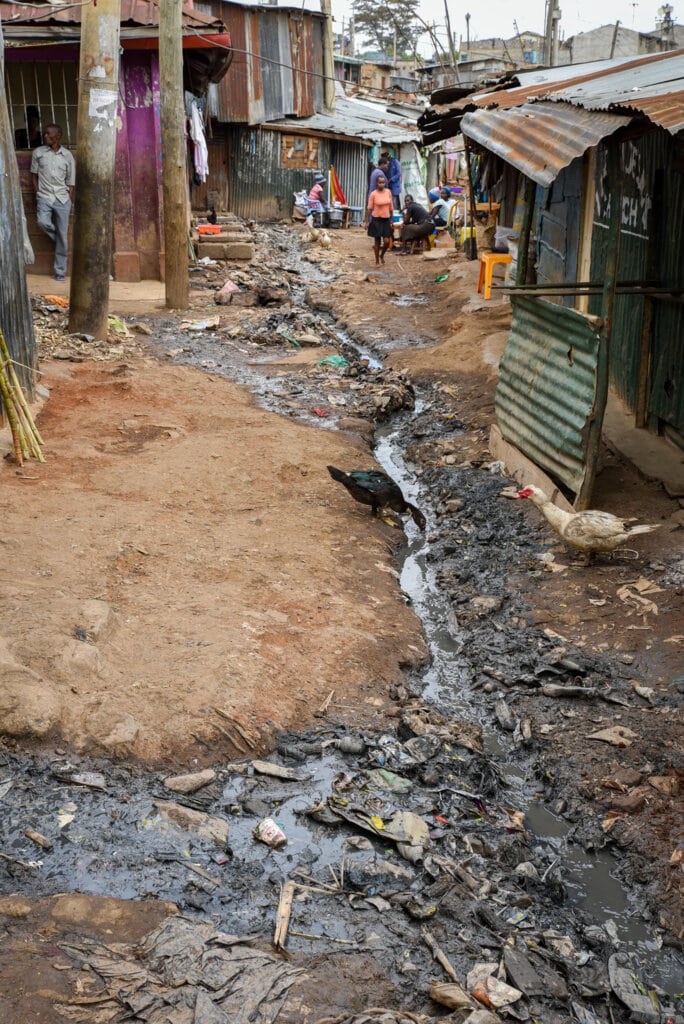
Actually, look at it long enough, and I might not need to say much more.
But imagine this is where you live. This is your neighborhood. You and your family live in one room that’s about 10 feet by 10 feet. There is no indoor plumbing, so no running water and no toilets. There is no electricity, so no lights and no refrigerator.
Even if you did have a refrigerator, you’re so poor you really wouldn’t have much to put in it because you can generally only afford to buy food and other life necessities for a day or so at a time.
Hunger is familiar foe. But you and your spouse do the best you can to provide for your family, so you go out every day to find work as “day laborers,” while your three children attend a nearby church-run school. Thankfully, they receive two meals a day from the school. That is one heavy burden that the school has shouldered for you.
And then you hear from a teacher that a sickness called coronavirus has crept its way into Kenya.
“Schools will be closing,” they say.
Beyond the obvious fact that your children are no longer learning every day, you desperately rely on the school to provide food for your children. There is no way you can afford that many additional meals a week.
As you try to stretch what food you do have, you know that you will all be going to bed hungry on a regular basis. Your children may start to lose weight, and the littlest one will cry because of his gnawing, empty stomach.
You’ve only just heard the word “coronavirus,” but already it’s hurting your family.
“Maintain a social distance,” they say.
You would try to work more to earn more money, but really, there are no jobs, and everyone is saying to put a few feet between yourself and others. Distance?! Look at this slum! Look at this one-room home! People are everywhere. Some days it already feels like there’s not enough oxygen for all who live here. “How can we not share the same air?” you wonder.
Besides, with no money saved up, you have to go out to work every day because that’s the only way you can afford to buy food each day, little though it may be. Staying away from people is impossible.
“Coronavirus” may sound far away, but already it’s making you feel trapped.
“Wash your hands frequently with soap and water,” they say.
“With what water?” you despairingly question inside your head. Your older two children already strain their backs every day as they walk deeper into the slum to a water kiosk, trade precious coins to fill several heavy plastic containers full of water, and then haul them back to your little home. It’s barely enough water for the cooking, drinking and cleaning your family needs for a day.
“Now we need more?” you wonder.
More money to spend on water. More strength spent hauling it. More time in filthy streets passing countless people who may infect your precious children. You don’t want to critically eye every neighbor and passerby as a potential enemy to the health of your family, but you can hardly help it.
You want to keep your family safe but taking action to prevent the dreaded virus is actually putting your family more at risk.
You hardly know what this “coronavirus” is, but already you’re having to making decisions you’ve never faced before, matters of life and death…
All of this happens before there’s even been one case of COVID-19 diagnosed in the slum.
Social distancing is impossible.
Handwashing is a monstrous challenge.
Hunger is already rumbling in children’s bellies.
Knowing the exponential spreading capability of a highly contagious disease like COVID-19 in a densely populated slum makes me cringe. The thought of these children and others around the world facing so much hunger brings me to tears. There is no safe place for these vulnerable people to escape to.
Last I heard from Dotun, Bright Hope’s country director in Kenya, they’re doing what they can in Mathare Valley to try to figure out a way to get food to the 900-ish kids that rely on us and our partner church for daily sustenance.
- Would you join us in praying that God would help them figure out a safe way to care for these little ones?
- Would you pray that COVID-19 does not hit the slums and cause rampant devastation and tragedy?
- Would you consider supporting the work of Bright Hope as we passionately serve in this densely populated slum community, working to make life better and safer for these impoverished people?
We’re updating this blog page regularly with coronavirus-related updates, so please check back often. Also, you can see many specific prayer requests from around the world and sign up to receive prayer request text alerts by visiting www.brighthope.org/prayer.

